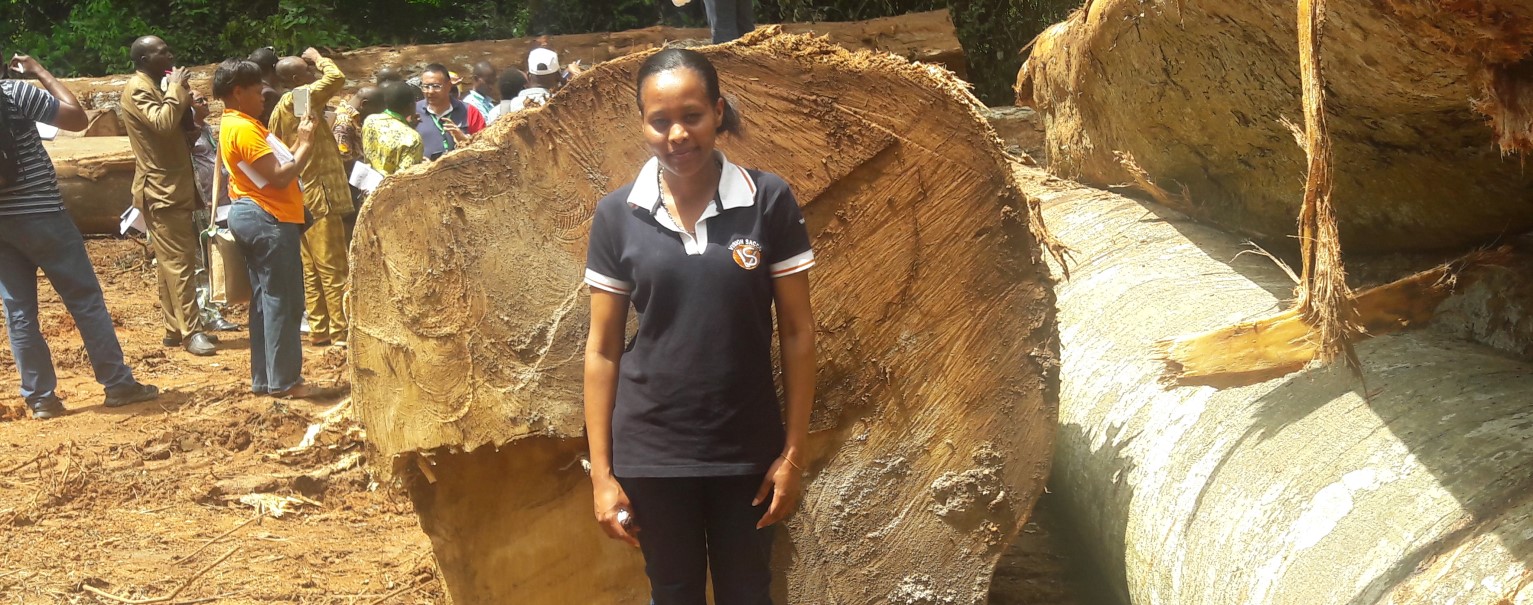
The increasing involvement of rural communities, as small holder farmers, in forestry issues, as well as the private sector and civil society could significantly influence how forests are managed in future.
Big private investments in commercial forestry enterprises are being promoted through public-private partnerships while civil society organisations are largely responsible for facilitating small holder farmers in growing trees, managing natural forests under their charge, as well as supporting them in taking up new initiatives like REDD+. Civil society organisations also facilitate many activities related to marketing and trade of timber and non-timber products. The involvement of local communities in forestry comes with several challenges; including how to strengthen individual farmers as groups or associations so that their voices can be heard, especially in soliciting credit for investment, product value addition, marketing of the produce, and lobbying for favourable policies. Further, the situation becomes even more complicated when consideration is given to quality supply of germplasm for tree planting to dispersed farmers, putting in place economically feasible harvesting and processing mechanisms for wood from individual farms where trees are interspersed with agricultural crops, livestock enclosures and human dwellings.
